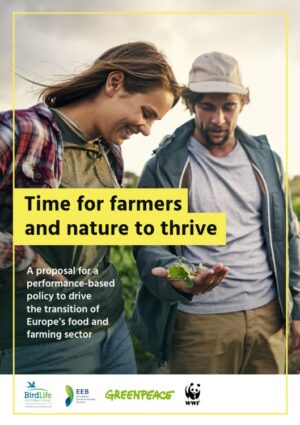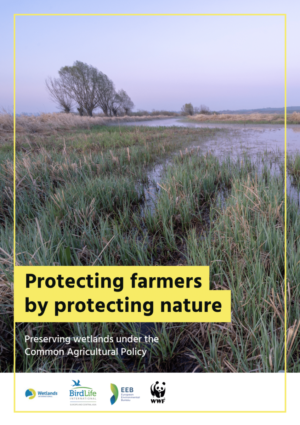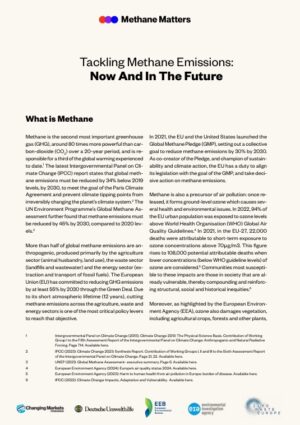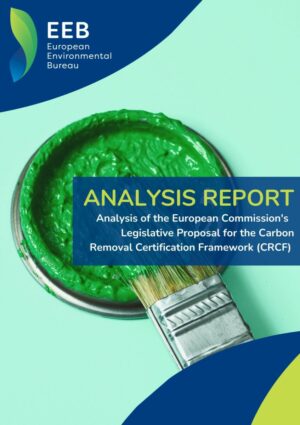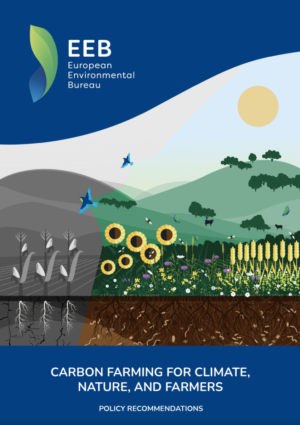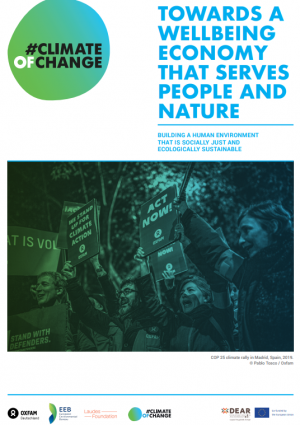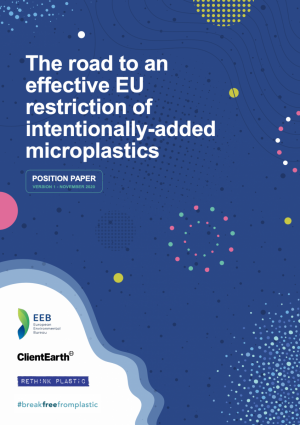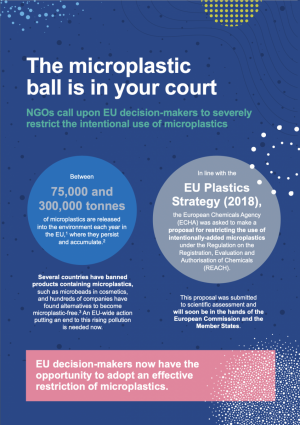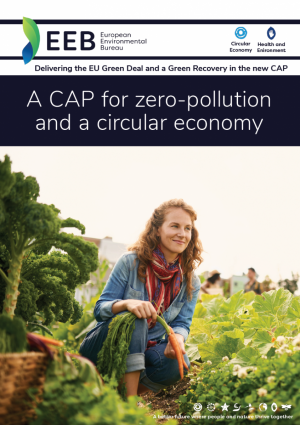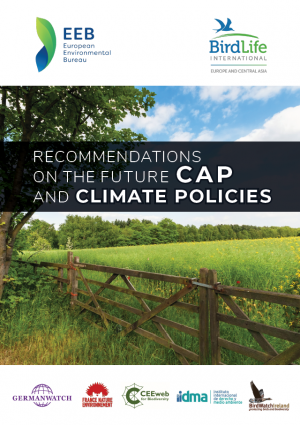Food systems
The globalised, industrial food system is making us sick, driving deforestation, biodiversity collapse and climate change, and exploiting millions of farm and food sector workers. We must urgently move towards sustainable food systems, which support our health, protect and restore our natural world, and respect workers. The EU can and must lead this transition.
A broken system
The way our food system is currently structured reflects the extractive and exploitative agricultural model it’s rooted in. Over the past fifty years, European diets have been transformed by the development of increasingly globalised supply chains and the spread of the so-called ‘Western diet’. Dense with animal protein and ultra-processed foods high in fat, salt and sugar (HFSS), our diets have devastating impacts on the environment and our health. Today, food systems account for around 30% of all anthropogenic GHG emissions, whereas diets are the leading cause of non-communicable disease (NCDs), responsible for 90% of all premature deaths in the EU. The food system is also defined by stark inequalities, and the EU is split between general overconsumption and the reality of over 36 million citizens not being able to afford a quality meal every second day. At the same time, around 20% of the food we produce is lost or wasted.
Our food system is also vulnerable, as illustrated all too well by COVID-19 and the invasion of Ukraine. Paired with unchecked financial speculation in food commodities and the rising frequency of extreme weather events due to climate change, these shocks have resulted in food prices hitting their highest levels in over a decade. Once again, it is those who suffer most from food insecurity who are bearing the brunt of this crisis. In the meantime, powerful vested interests in the private sector have leaped onto this “opportunity” to call for a relaxing of environmental requirements. However, it is not the trade disruptions affecting our import of phosphate fertilisers from Russia or of grain and oilseed for livestock feed from Ukraine that threaten EU food security in the long term. The biggest threat to food security in the EU is the impact our food system has on the environment and on the biodiversity and ecosystem services that food production depends on.
The recipe for change
To ensure everyone in the EU has easy and affordable access to healthy, sustainable and desirable food in the years to come, the EU needs to fundamentally rethink the policies and economic frameworks which underpin our food system. The Farm to Fork strategy, launched in 2020, was a first step in the right direction. This strategy is a core part of the European Green Deal (EGD) and aims to make the EU food system environmentally sustainable, healthy and fair. To achieve this shift, it sets forward different initiatives addressing every part of the food system: from production, through processing and distribution and consumption, and finally food loss and waste.
In the Farm to Fork Strategy, the Commission also committed to developing an EU-level framework law for Sustainable Food Systems (SFS), expected by the end of 2023. This law should take on the food system in its entirety, ensure policy coherence in food policy to guarantee effectiveness, and initiate a systemic transition to sustainability. While this sounds very promising, it will not be achievable unless the Commission’s proposal sets out a clear and ambitious direction of travel for the EU food system. Such a shift is extremely urgent, and the EU has a responsibility to act swiftly to improve its citizens’ health, food security and protect their fundamental right to food and a healthy environment. Through the SFS Law and linked legislative measures, the EU should act to ensure that the food system does not impinge on planetary boundaries, provides fair incomes and dignified working conditions to all those employed in it, and makes sustainable and healthy options the default choice for European consumers.
The SFS Law should…
- Adopt a systemic and rights-based approach, ensuring policy coherence
- Adopt a consistent food environments approach
- Set some clear, time-bound and legally binding targets
- Envisage National Food Plans to engage all levels of governance and maximise effectiveness
Lay out a strong accountability and performance framework to monitor progress.


